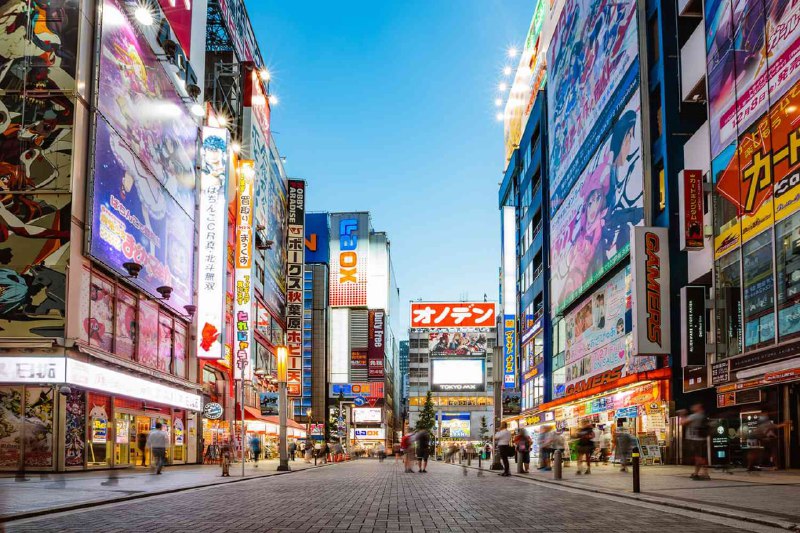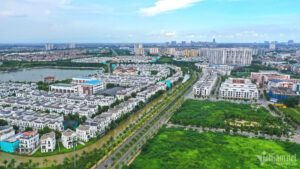Japan has become one of the most coveted destinations for American travelers. A combination of pent-up demand after lengthy pandemic closures, and the fact that the country’s sweeping appeal ranges from the food obsessed to arts and culture enthusiasts and beyond, has Japan topping seemingly every list of the hottest places to go.
That same appeal is now leading to a slow-growing influx of American expats moving to the country in search of full-time residences or second homes abroad. Tokyo, of course, is the focal point and remains at the heart of the action as the first stop for travelers and the most likely city for home buyers from abroad as well.
One huge contributing factor to this growth is a historically favorable exchange rate between the Japanese yen and the U.S. dollar. The yen has dropped more than 10% over the course of the past year, and more than 30% over the past five years.
“The weakening yen, among other factors, has increased foreign interest in Japanese real estate,” said Kantaro Aoki of List Sotheby’s International Realty, Japan. “Japan is a very attractive option for foreign buyers looking to invest outside their home country due to its stable security, politics, real estate prices and building structures. This stability makes Japan a desirable place to invest in real estate for tax benefits and other reasons.”
Numbers from Japan’s Ministry of Justice indicate that in December 2023 there were over 63,000 American citizens registered as foreign residents of Japan, not includingmilitary personnel. While this number is down from a peak before the pandemic, it has been starting to increase in the years since.
To help encourage more economic growth, Japan has streamlined several of its existing immigration and visa protocols, while opening up new avenues as well. One, dubbed J-Skip, is for highly skilled professionals, and another, J-Find, is for graduates of overseas universities. These are in addition to standard working visas, for instance, which require a job offer from a Japanese company.
“Learn the culture beforehand,” said Neil McInnes, general manager of the Conrad Tokyo hotel. “While not strictly enforced, there are a lot of social dos and don’ts, and life is much easier when you respect the culture.” He also noted that learning a bit of Japanese goes a long way toward easing the transition process.
Integrating into the culture and adapting to a different set of norms and even pace of life takes time, even with all of the conveniences that the city and country offer. Meanwhile, Tokyo can seem overwhelming due to its sheer size, but an inside look at its neighborhoods and market will help smooth the search process.
Source: Mansion Global




